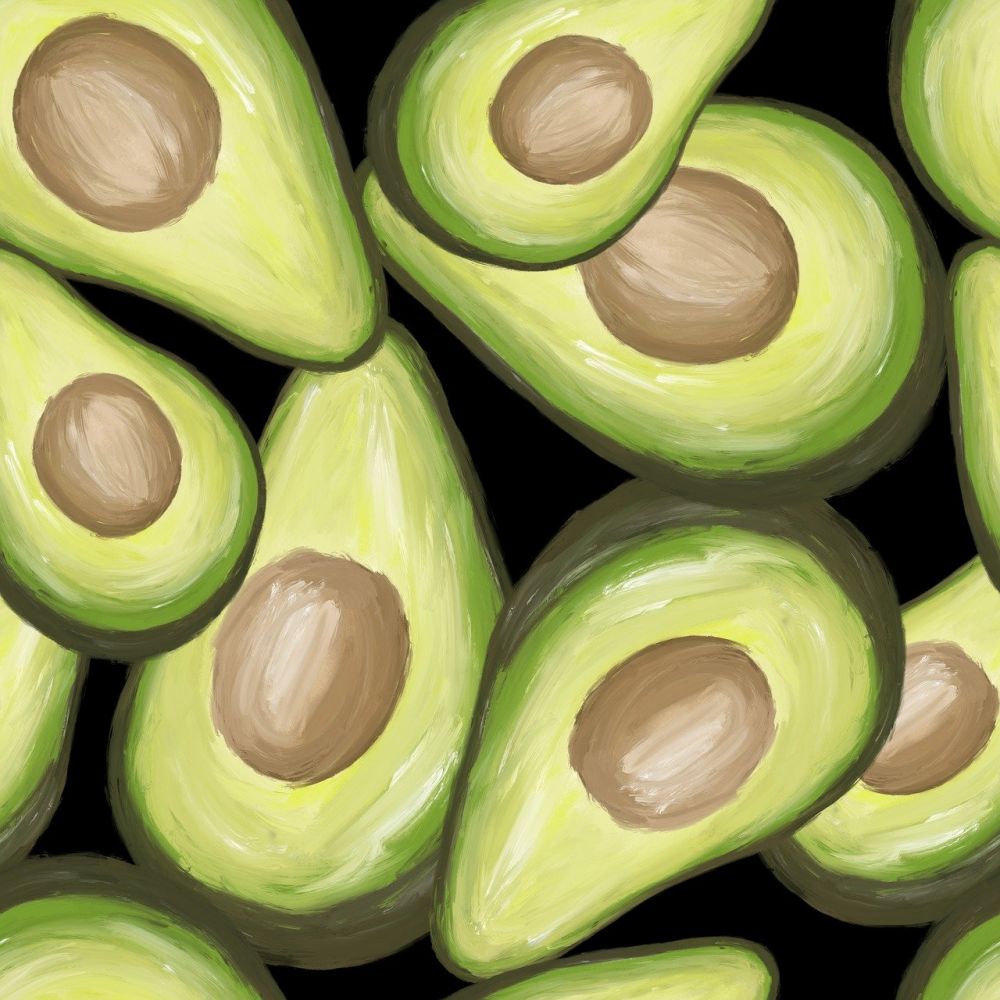Diet PCOS: A Comprehensive Guide to Managing Polycystic Ovary Syndrome through Nutrition

Introduction:
Polycystic Ovary Syndrome (PCOS) is a common hormonal disorder affecting women of reproductive age. One of the key ways to manage PCOS symptoms is through a suitable diet. In this article, we will provide a thorough overview of diet PCOS, including its various types, popular approaches, and quantitative measurements. We will also delve into the differences between different diet PCOS approaches and discuss the historical pros and cons of each. Let’s dig deeper into the world of diet PCOS and its impact on managing this condition effectively.
I. An In-depth Overview of Diet PCOS:

PCOS is characterized by hormonal imbalances that can lead to symptoms such as irregular periods, acne, weight gain, and insulin resistance. Diet PCOS refers to the dietary strategies individuals with PCOS can adopt to improve their hormonal balance and manage their symptoms.
II. Types of Diet PCOS:
1. Low Glycemic Index (GI) Diet:
The low GI diet focuses on minimizing the consumption of high GI foods, which cause a rapid increase in blood sugar levels. This approach aims to regulate insulin levels and manage insulin resistance commonly associated with PCOS.
2. Anti-Inflammatory Diet:
The anti-inflammatory diet primarily focuses on reducing inflammation in the body, which is often heightened in individuals with PCOS. It involves consuming whole foods, such as fruits, vegetables, and healthy fats, while avoiding processed foods and refined sugars.
3. Low-carbohydrate Diet:
This diet restricts the intake of carbohydrates, promoting the consumption of protein-rich foods and healthy fats. By minimizing carbohydrates, it aims to regulate insulin levels and manage symptoms related to insulin resistance.
III. Quantitative Measurements of Diet PCOS:
When following diet PCOS, tracking certain quantitative measurements can be helpful in assessing progress. These measurements include body weight, body mass index (BMI), waist circumference, blood sugar levels, and hormonal markers such as testosterone and luteinizing hormone (LH). Regular monitoring of these measurements can provide insights into the effectiveness of the chosen diet PCOS approach.
IV. Differences between Various Diet PCOS Approaches:
Each diet PCOS approach mentioned above has its unique differences:
– The low GI diet focuses on the glycemic index of foods and aims to regulate insulin levels.
– The anti-inflammatory diet emphasizes consuming whole, unprocessed foods to reduce inflammation in the body.
– The low-carbohydrate diet restricts carbohydrate intake to manage insulin resistance.
While these approaches share the common goal of managing PCOS symptoms, the specific emphasis and dietary recommendations differ based on their respective strategies.
V. Historical Pros and Cons of Diet PCOS:
Over time, various diet PCOS approaches have gained popularity. However, it is essential to understand their historical pros and cons:
1. Pros:
– Improved insulin sensitivity: Many diet PCOS approaches have shown promising results in improving insulin sensitivity, helping manage PCOS symptoms such as weight gain and blood sugar imbalances.
– Balanced hormones: A well-designed diet PCOS can help regulate hormone levels, leading to normalized menstrual cycles and reduced symptoms associated with hormonal imbalances.
– Weight management: Certain diet PCOS approaches have been beneficial in supporting healthy weight management and reducing obesity-related risks.
2. Cons:
– Nutritional deficiencies: Some diet PCOS approaches may impose strict restrictions, potentially leading to nutrient deficiencies if not adequately balanced.
– Sustainability: The sustainability of certain diet PCOS approaches over the long term may be challenging, as they may require significant lifestyle changes or strict adherence.
[INSERT VIDEO HERE]
Conclusion:
Diet PCOS plays a crucial role in managing the symptoms of PCOS. Understanding the different types of diet PCOS, quantitative measurements, and historical pros and cons provides individuals with a comprehensive understanding of treatment options. By tailoring a diet PCOS approach to individual needs and preferences, it is possible to achieve hormonal balance and effectively manage PCOS symptoms.





















